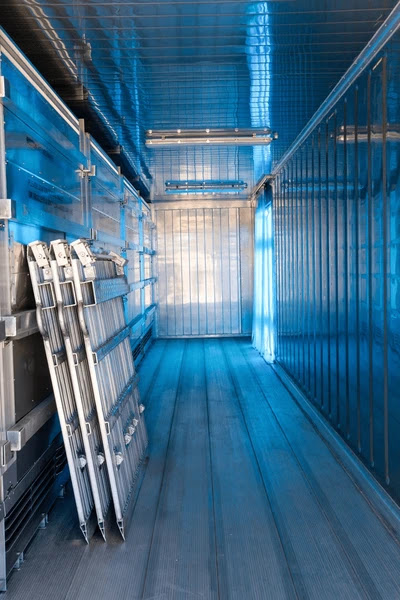How a Water Chiller Australia System Can Cut Your Cooling Costs

In hot weather or busy industrial spaces, cooling is essential. Traditional chillers often use too much power and raise bills. A water chiller Australia system offers an energy-smart alternative. It slows heat gain, lowers electricity use and keeps operations steady. Below are clear steps to choose, install and run a water chiller for lasting savings. Cooling Efficiency Without the Ongoing Cost Many businesses need precise temperature control. Factories, food processors and labs depend on stable cooling. Old-style air chillers run full tilt at peak times. That drives up utility bills. Older systems in Sydney warehouses still work but cost more each year. They cycle on and off too often. Managers see the bills grow but feel stuck. Upgrading seems complex. Yet rising energy prices make inaction expensive. A water-based chiller can fix this. It brings targeted cooling without the waste. The switch asks for planning but pays back quickly. Why Water-Based Cooling Makes Sense Water moves he...




